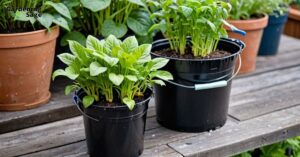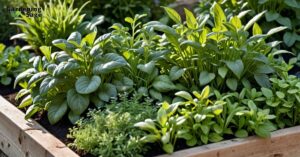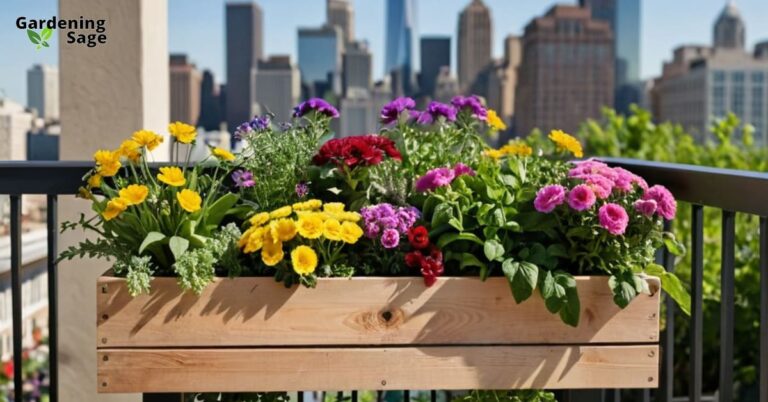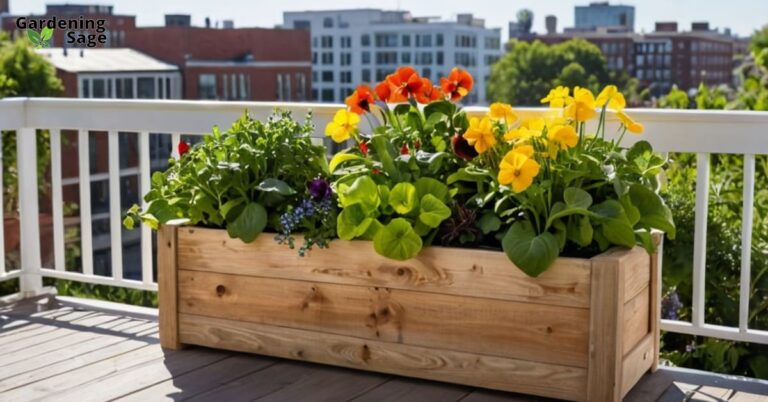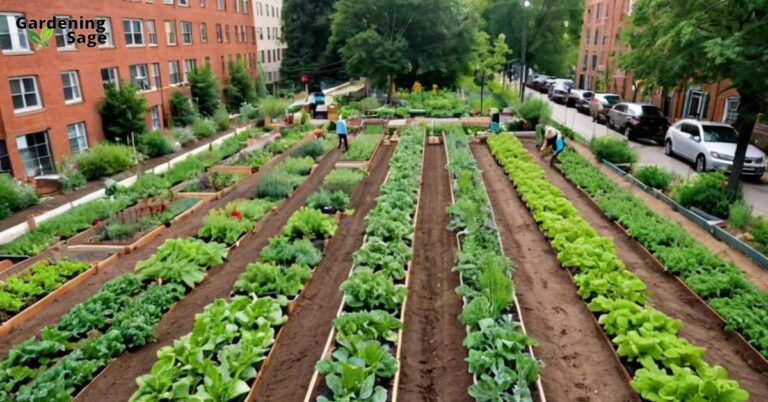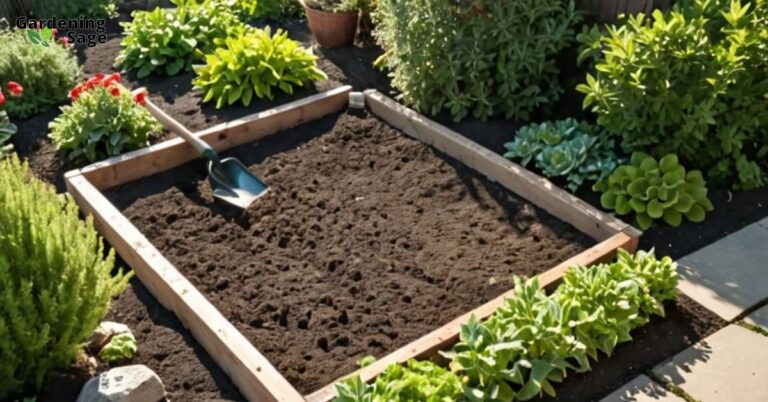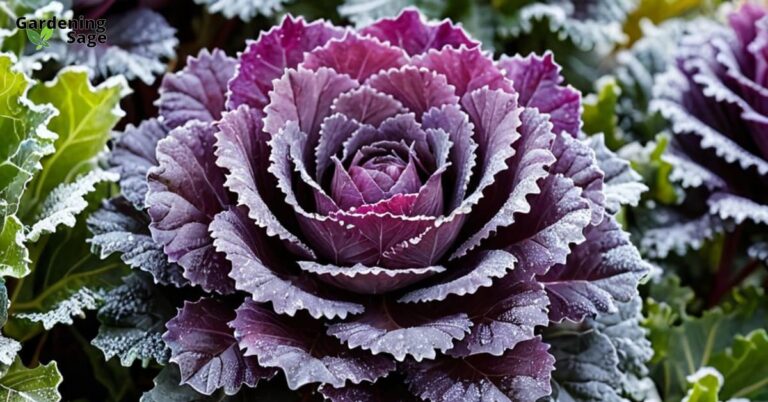The secret to a flourishing garden lies beneath our feet – in the health of the soil. “Understanding Soil Health for Optimal Plant Protection” is an essential guide for gardeners seeking to nurture their gardens from the ground up.
This article delves into the vital aspects of soil health, providing practical soil preparation steps and gardening safety tips, essential for cultivating a vibrant, healthy garden.
The Critical Role of Soil Health in Gardening
Soil health is the cornerstone of any thriving garden. It encompasses the physical, chemical, and biological properties of the soil, each playing a significant role in supporting plant growth.
A healthy soil structure ensures proper nutrient availability, water retention, and root development, leading to robust plant health and natural protection against diseases and pests.
Key Soil Preparation Steps for a Healthy Garden
Preparing your soil is the first critical step in garden health. Begin by testing the soil to understand its nutrient content and pH level.
Depending on the results, you may need to adjust the pH or add specific nutrients. Incorporating organic matter, such as compost or well-rotted manure, is vital for improving soil structure and fertility.
Regular aeration, through methods like tilling or forking, helps improve oxygen flow to plant roots, essential for their growth and health.
Balancing Soil Nutrients for Optimal Plant Health
Balancing soil nutrients is crucial for plant health. Nitrogen, phosphorus, and potassium are the primary nutrients needed, but micronutrients like iron, manganese, and zinc are also essential.
Use organic fertilizers to provide a balanced nutrient supply and avoid over-fertilization, which can lead to plant stress and increased susceptibility to diseases.
Promoting Beneficial Soil Microorganisms
Beneficial microorganisms in the soil play a vital role in decomposing organic matter, recycling nutrients, and suppressing soil-borne diseases.
Promote their growth by adding organic matter, maintaining a balanced pH, and minimizing the use of chemical pesticides and fertilizers, which can harm these beneficial organisms.
Water Management Concerning Soil Health
Proper water management is closely tied to soil health. Overwatering can lead to root rot and other diseases, while under-watering can stress plants and reduce soil microbial activity.
Use mulching to conserve moisture, and implement irrigation practices that provide consistent, adequate moisture without over-saturating the soil.
Gardening Safety Tips When Working with Soil
When working with soil, it’s important to follow gardening safety tips to protect yourself and your plants. Wear gloves to prevent skin irritation and protect against harmful bacteria. Use ergonomic tools to reduce strain on your body, and always lift with your knees to avoid back injuries.
Additionally, be mindful of sun exposure and stay hydrated while working in your garden. Understanding and maintaining soil health is a rewarding journey.
With these guidelines, gardeners can create a nurturing environment for their plants, paving the way for a lush, vibrant garden.



